Lost in Amazon 1: Yes and No, Deb, or How To Start
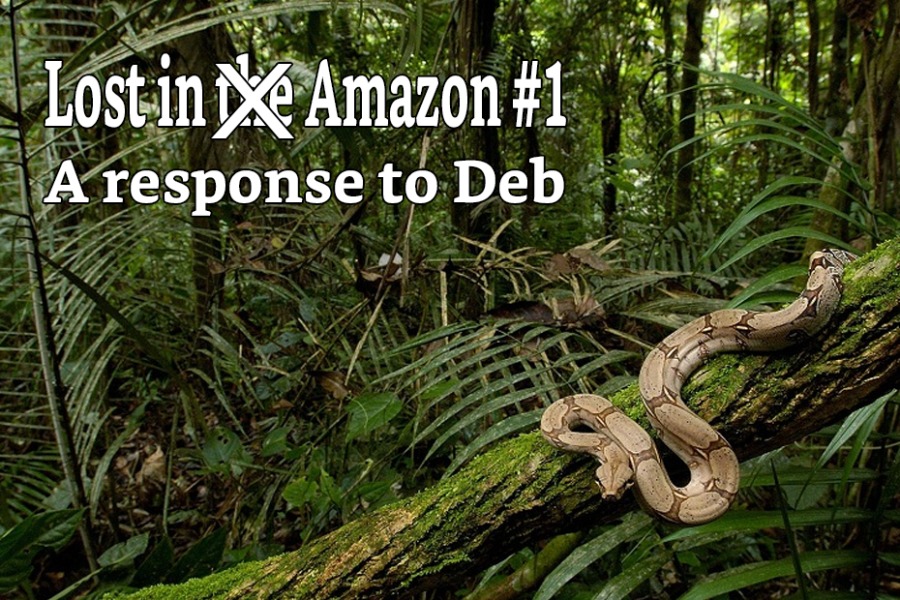
Deb Helfrich commented on a recent post. It was the heavy one about GREP. You probably didn't read it. Few did. Their loss and maybe yours. Let me explain.
Admittedly, "Get a GREP" isn't light reading by any stretch of the imagination. The low readership was expected. Too bad it's practically compulsory knowledge to putting out a professional looking eBook.
It was the preamble to the "Lost in Amazon" series.
Now that myTweetPack.com is pretty much done, or as done as any piece of software can ever be, I'm turning my growth-hacking eye towards Amazon.
Google and YouTube are the world's largest search engines.
Amazon is a buying engine.
- 30,000,000 people use it every month. They don't go there to research. They go credit card in hand to buy something.
- That's out of 350 million users. So, about 10% go on every month. Wow. Remember, they go to buy, not to update their selfies, look up friends, or read posts. They go to buy. To me, 10% is crazy high!
- 2016 sales were over U$136,000,000,000. Fourth quarter sales alone were over U$47,000,000,000.
- 70% of book sales are on Amazon. Not 70% of online book sales. 70% of all book sales.
- Yet, only 100,000 sellers sold more than U$100,000 worth of stuff. That might sound like a lot. It isn't.
What's wrong with that picture? No wonder Amazon is named after the world's biggest, baddest jungle.
It certainly warrants investigation, or should that be "exploration?" Over the coming weeks and months, I plan to do just that.
I'll report back with successes and failures both.
We'll learn how to navigate this jungle together, or, maybe, we'll get hopelessly lost.
Time will tell.
This post is not really part of the series. It's a reply to Deb Helfrich's comment. For those who missed it, here it is.
The sweet spot is the promotion. There are millions of books not being bought because readers can't find them. Everything is very scattered and the $1.99 price point has devalued ebooks to the point of being free toasters with account.... I don't think it is right, nor necessarily long-lived.
Deb Helfrich in a comment on "Get a GREP"
I both agree and disagree with Deb's comment.
Deb makes several points. The first, "The sweet spot is the promotion," gets no argument from me. I actually wrote a post, How to Self-Publish? Writing is the Easy Part that talks about that.
The second point I question, "There are millions of books not being bought because readers can't find them," I don't know if they can't find them, or they just don't see them. When faced with a bunch of "covers", some will stand out, others won't.
Contrary to the popular maxim, we do judge a book by its cover.
If I don't get attracted by your cover, I won't click. That's JOB ONE! Get people to click of the cover thumbnail. They have to do that for you to even have a prayer of selling.
Let's just leave that alone for now. Cover art is a whole different topic.
This is the part I really want to address. . . "Everything is very scattered and the $1.99 price point has devalued ebooks to the point of being free toasters with account.... I don't think it is right, nor necessarily long-lived."
Whole tomes can and have been written about pricing strategies. It's probably the toughest thing to get right in any business venture. Writing for Amazon is a business venture.
How does one attribute a value? Things are only worth what someone else is willing to pay.
End of story.
I have long believed that it is up to us as business people to make our products fit the market, not vice versa. If people are willing to pay $5 for a widget, figure out how to make a widget that you can sell for $5 or move on to something else.
Sure, people can push to convince others that they are worth more. That's expensive to pull off. It's also temporary.
Sooner or later, someone like me will come along to steal your lunch.
Cost is not a determining factor. It can preclude entry into a market. It can't dictate value to the market.
If you need to sell your widget for $6 you need one helluva good reason why. The fact that it costs more to produce is not good enough. If you need to sell it for $10, you're toast.
Looking at eBooks more closely
Deb mentioned U$1.99. Is that a correct price? Too early to tell. Certainly, I doubt the "right" price is much over $3.99.
By "right" I mean that balance between profitability and maximum potential market size. For most products, as price rises, market size drops. That makes sense. It's always a battle of, "Is this worth the $?" Going too low brings up the question of, "Is the quality even worth considering?"
We must also contend with costs associated with that market size. "Making it up on volume" doesn't happen if you need to retool and expand production.
That doesn't apply to eBooks. It's a write-once-sell-forever thing. It's an online product and marketplace. One download or one million, it cost the same.
Because it's an online deliverable, price changes, up or down, are near instant.
Example: Right now, myTweetPack.com is at U6.67 a month. When we hit a certain number of users, it will jump to U9.99. That should be pretty soon. Later, it will jump to its final calculated value of U14.99.
Production costs are minimal, even if farmed out. We can ignore actual production costs for now. Yes, they can pile up, but they aren't the main cost.
Creative costs are.
Creative costs are another kettle of fish altogether. That's the actual time invested in creating the book. Even at $4 each, we don't have much leeway here.
Factors which Determine Creative Cost
There aren't very many. Actually, they are two sides of the same coin.
Time spent writing: Stephen King says no book should take longer than three months to write. That's fine for Stevie, even though he gets a lot less than $4 a book. If he gets a buck a book, I'd be amazed, and he's Stephen freaking KING!
He'll sell more books than you can even dream of selling.
Three months work is at least U$20,000. That's 7500 copies worth of Amazon royalties at $4 each.
Possible, but don't hold your breath.
Let's consider it as gospel that there's no way we can spend three months on a book and expect it to be profitable in the near term. We need to cut that creative cost in a big way.
Length of book: Longer books take longer to write. That makes sense to me. But we face another issue. To paraphrase Einstein, "Make your book as short as possible but no shorter."
If you don't provide value to the read, you're toast. Bad reviews will kill you.
My guess is that Amazon would be more profitable for novellas than novels. For fiction, let's say 150 to 250 pages. Non-fiction can be 100 to 250. That's enough to provide value. It's also short enough that we can cut that 3-month time frame dramatically.
I guess we should also define what a page is. For this discussion, a page is 4.5X6 inches of 12pt serif text. 150 pages would be about 20,000 words.
I can do that in about 10-14 days. And, I have an idea how I can speed that up in a big way.
Two weeks is much better than 3 months. At two weeks we "only" need to sell about 1000 copies. That's a vast improvement but not a guarantee, we need to do better.
If we approach this as a business, we mustn't forget about write-once-sell-forever. Promotion never stops.
Production Time/Cost: I'm putting this in as a Creative Cost because if you're doing production work, you aren't writing. If you farm this out, include it as well.
So that's the target.
We want to figure out how to create eBooks that will sell 1000 to 1500 copies a year. That's about 20-25 a week. That's actually a very tough target. We are actually aiming to be in the top 100,000 sellers.
If we consider ongoing efforts and sales of books from previous years production, hitting that target will blow by our revenue estimates in a few short years.
I'll need to work on dropping the Creative Cost further. I'd like to get 20,000 words done in under 10 days.
I just love a challenge.
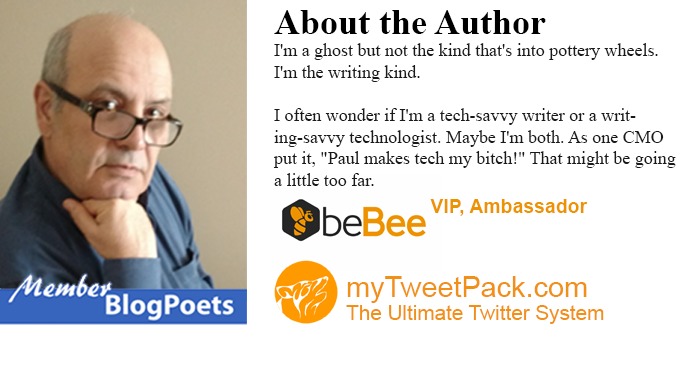
,
""Articles from Paul "Pablo" Croubalian
View blog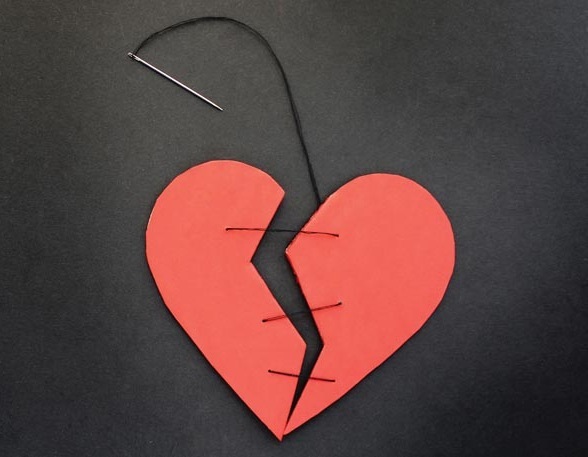
Hi all, it's been a while since I've reported on the ups and downs of mid-life dating. This post is ...
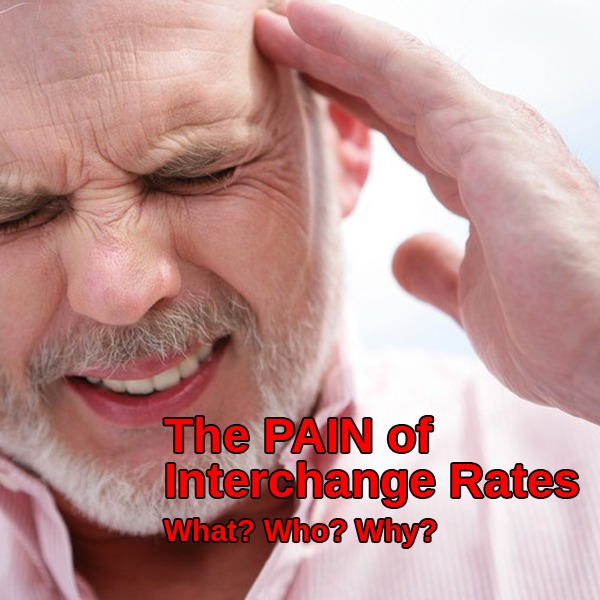
Few things boil a business owner’s blood faster than credit card interchange rates. Even WalMart Can ...
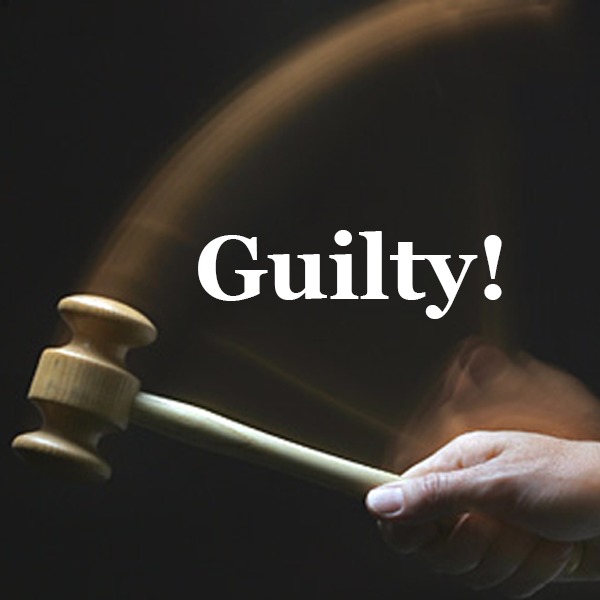
Consumers can contest charges made against their credit cards. That’s their primary recourse against ...
Related professionals
You may be interested in these jobs
-

Nursing - Part Time Personal Support Worker (Rs)
18 hours ago
Direct apply
Riverstone Retirement Communities Ottawa, Canada Part timeCarlingwood Retirement Community - Personal Support Worker · Part Time - Various Shifts - $19.00/hr · Riverstone Retirement Communities is a locally owned and operated company offering, a highly respected, full continuum of care to it's residents. We believe that everyone deserve ...
-

IT Service Desk Specialist
1 day ago
Direct apply
Cassels Brock & Blackwell LLP Vancouver, Canada**About Us**: · Cassels Brock & Blackwell LLP is a leading national law firm focused on serving the transaction, advocacy and advisory needs of Canada's most dynamic business sectors. We have one of the largest business law practices in the country, serving multinational, nationa ...
-
Direct apply
TD Bank Dieppe, Canada413210BR · **Description d'emploi (TD Description)** · Soyez au fait et demeurez compétitif. Bâtissez votre carrière. Évoluez avec nous. Voici notre histoire : · **Description du poste (Job Description)** · - CLIENT- Gérer les activités financières opérationnelles telles que le ...
Comments
Paul "Pablo" Croubalian
7 years ago #12
KDP is not the culprit. That's juts Kindle Direct Publishing. It's what converts Word HTML to Kindle format. Kindle Unlimited is horrible. It may build a readership but won't add squat to the bottom line. An option may be to consider it unpaid advertising?
Wayne Yoshida
7 years ago #11
Thanks Paul - agreed if the book is in a certain price range, why bother . . . but the book from McGraw-Hill is more in the $50 category. Report one violator, and another pops up, like dandelions. But this may be one factor to consider for the target price of the book one works on.
Paul "Pablo" Croubalian
7 years ago #10
I'm not a lawyer, but that seems to me to be a big copyright violation. We would be naive to believe it never happens. On the other hand, if we're looking at sub-$5 books, where's the incentive? If I have a choice between a $4-5 eBook that will hold my place, and that I can read on my Kindle, phone, or laptop, vs a free PDF that won't... it's no contest. On the other hand, I bought two textbooks in Culinary school that cost $300 each. They came with a CD that held the PDF format. That would be much more tempting to swipe. Yes, you can read PDFs on a phone. No, it's not a pleasant thing. In college, I knew a guy who got a job at the library so he could photocopy his textbooks! There was also a ring that dealt in stolen textbooks. Piracy has been around forever. Let's remove as much of the incentive as possible.
Wayne Yoshida
7 years ago #9
Paul "Pablo" Croubalian
7 years ago #8
I would assume so. There's also the Tiny House movement that, if I were an architect, I would consider
Paul "Pablo" Croubalian
7 years ago #7
A question out of personal curiosity: Why just South Africa?
Paul "Pablo" Croubalian
7 years ago #6
I'll add a note to investigate workbooks. Since an eBook is just HTML, we can likely use input fomrs. The question will be where do we store those inputs. It's worth looking into.
Paul "Pablo" Croubalian
7 years ago #5
For my (early) tests, you may be better off writing booklets. Architecture is too vast a topic. I guess it all depends on the WHY an author writes a book. Royalty checks are only one reason.
Paul "Pablo" Croubalian
7 years ago #4
Yes and no, yet again. I don't know if a specific branded series will work. I do know that we DO need to band together to cross-promote, crowd-review, crowd-preview, and crowd-support.
Paul "Pablo" Croubalian
7 years ago #3
One of the things I'm looking at is selling eBook formats from a website. It's still early to tell, but I don't see anything technical that would cause a problem. PDFs are great, but there's no bookmarking. You start at the beginning every time you open the file. That's less than ideal. A question on workbooks: Since an ebook is one humongous web page, why would workbooks be a problem? If anything, they can autoscore from a site. Just asking. . .I haven't even considered the possibility.
Paul "Pablo" Croubalian
7 years ago #2
Just to clarify, Robert: "I disagree with Paul on how he calculates. It should be straight word count. There is NO standard pages in ebooks (I know Paul knows this)" Indeed he does. The reason I added that was just for illustration. Very few of us can think in word-count. Setting Word (or whatever) to that size will give you instant feedback. The settings do not transport to kindle.
Devesh 🐝 Bhatt
7 years ago #1